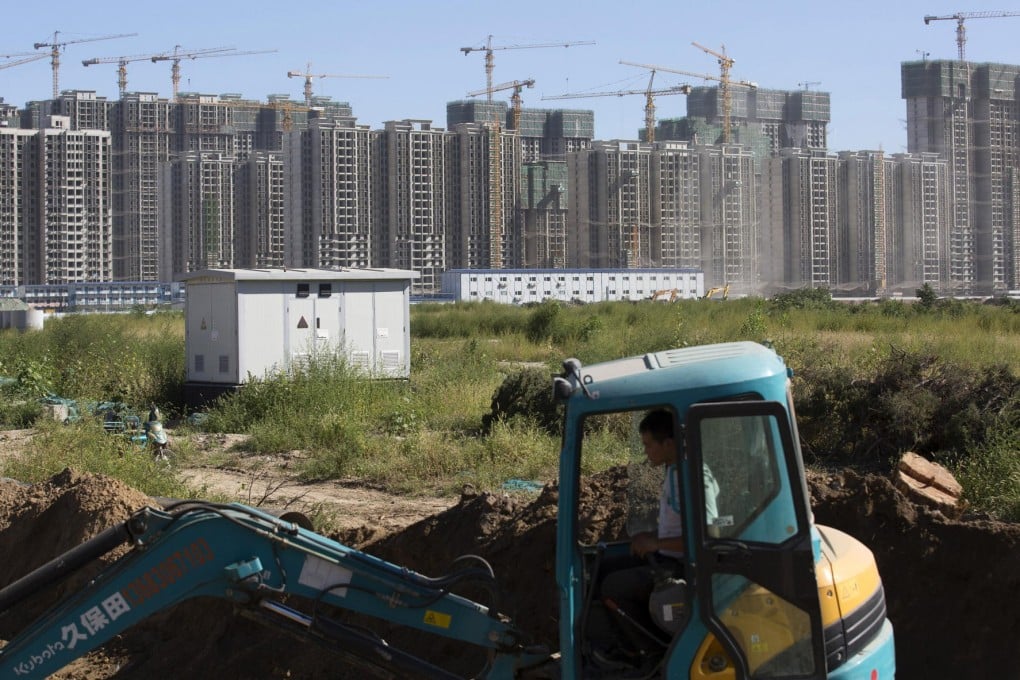Beijing home price rebound in 2015 unlikely
Downward pressure looks set to persist in capital due to oversupply

Inventories built up in the past decade and a flood of cheap state-backed affordable homes will reduce the possibility of a strong rebound in Beijing home prices, even if policies are relaxed further, industry experts said.
The mainland market has been in a downturn since February due to tight credit and oversupply. Local governments started to loosen home purchase restrictions from June, and they now only remain in the four first-tier cities of Beijing, Shanghai, Shenzhen and Guangzhou.
The central bank relaxed mortgage rules in September and followed that with an interest rate cut in November. Such measures have stimulated transactions and slowed home price declines across the mainland.
The industry is now looking to first-tier cities for signs on how soon the market will recover. The majority of small cities are expected to be mired in a housing glut for a much longer period of time.
"Home prices are high and unaffordable to those who haven't bought yet," said Zhou Hao, an economist at ANZ in Shanghai. "So the marginal impact of policy relaxation is now small."

The central bank still has many cards in its hand, if needed, to stimulate housing demand, such as lowering down payments, pushing banks to give first-home buyers a 30 per cent discount on mortgage loans - up from an average discount of less than 10 per cent now - and further cutting mortgage rates.